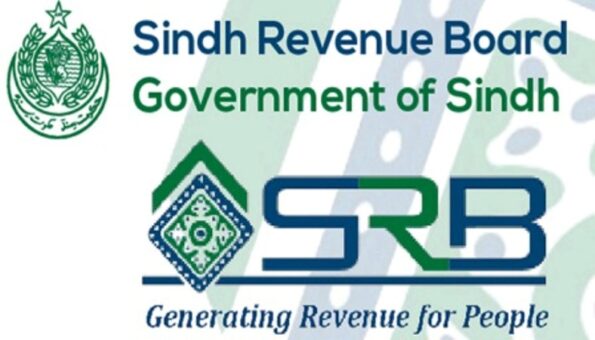KARACHI: Analysts have said that the policy rate cut by 75 basis points by the State Bank of Pakistan (SBP) is below the street expectations.
The central bank in its Monetary Policy Statement (MPS) has cut Policy Rate by 0.75 percent to 12.5 percent – lower-than-our expectations of 1.0 percent, analysts at Topline Securities said.
While the latest move by SBP follows aggressive emergency rate cuts by its global counterparts to combat coronavirus pandemic that has jolted financial markets and the world economy, it falls short of street expectations.
In a survey conducted by Topline Research before the spread of the coronavirus, 80 percent of the fund managers were expecting 50-100bps cut in Policy Rate. That said, a similar poll conducted yesterday revealed that 80 percent of the fund managers have revised their expectations to a 100-200bps cut in Policy Rate.
While acknowledging that medium term inflation target of 5-7 percent is likely to be achieved earlier-than-expected due to steep fall in international oil prices and deceleration in domestic food prices, the SBP opted to conservatively cut the Policy Rate by just 0.75 percent – even though the Pak economy is also likely to face significant impact of coronavirus outbreak.
The analysts estimated that an average 0.5 percent MoM rise in CPI over the next five months would result in CPI inflation clocking in at 8.9 percent YoY in Jul-2020 (sensitivity on next slide), which will translate in a Real Interest Rate of 3.6 percent.
Analysts at Arif Habib Limited said that in response to the rapid contagion of the novel coronavirus world over, with confirmed cases exceeding 183,000 as off latest tally, majority of the effected countries have ordered closure of schools, prohibited large gatherings with a few cities under quarantine and pressed citizens to avoid unnecessary travelling. In addition to this, the Pakistani government advised the public against hoarding of essential food items.
Whereas the prime minister has directed senior government officials to not only carry all preventative measures to mitigate the outbreak of the virus, but also remain in close contact with various international agencies so as to secure monetary assistance to combat the emergency.
With major decline in food inflation previously emanating from temporary supply side shocks, and an abrupt crash in International oil prices amid disintegration of the OPEC-Plus alliance (Arab Light down by 37 percent since Russia’s resistance to deepen cuts and an ensuing price war led by Saudi Arabia), a cut in the benchmark policy rate remained imminent.
Moreover, given the announcement of monetary and fiscal relief by major global economies to contain the potential economic fallout post spread of corona, Pakistan’s case for a rate cut appeared stronger than before given rising interest rate differential. More so since the incumbent government had limited fiscal space.
Accordingly, the State Bank of Pakistan has decided to cut the key policy rate by 75bps in its latest Monetary Policy Statement (MPS).
Analysts at Taurus Research said that outlook for inflation has improved in the light of declining food prices, the significant decrease in international oil prices and slowdown in aggregate demand owing to the coronavirus pandemic.
SBP projects real GDP growth for Pakistan to be around 3 percent for FY20. FY20 inflation target of 11 percent-12 percent.
The MPC noted that under an adverse scenario of economic slowdown, declining exports, lower remittances and dampened sentiment among consumers and businesses, there could be a material negative impact on growth.
Further, the increase in net reserve buffers of the SBP of around USD 10.7Bn (on account of build-up in SBPs reserves and reduction in forward liabilities), was flagged as sufficient to cope with outflows of any foreign portfolio investments.
The MPC also noted that with the reduced policy rate, real interest rates are appropriate to achieve the medium-term inflation target of 5 percent-7 percent.
With the reduction, the analysts anticipate the banking sector spread to peak during 2QCY20, on account of immediate re-pricing of deposits.





